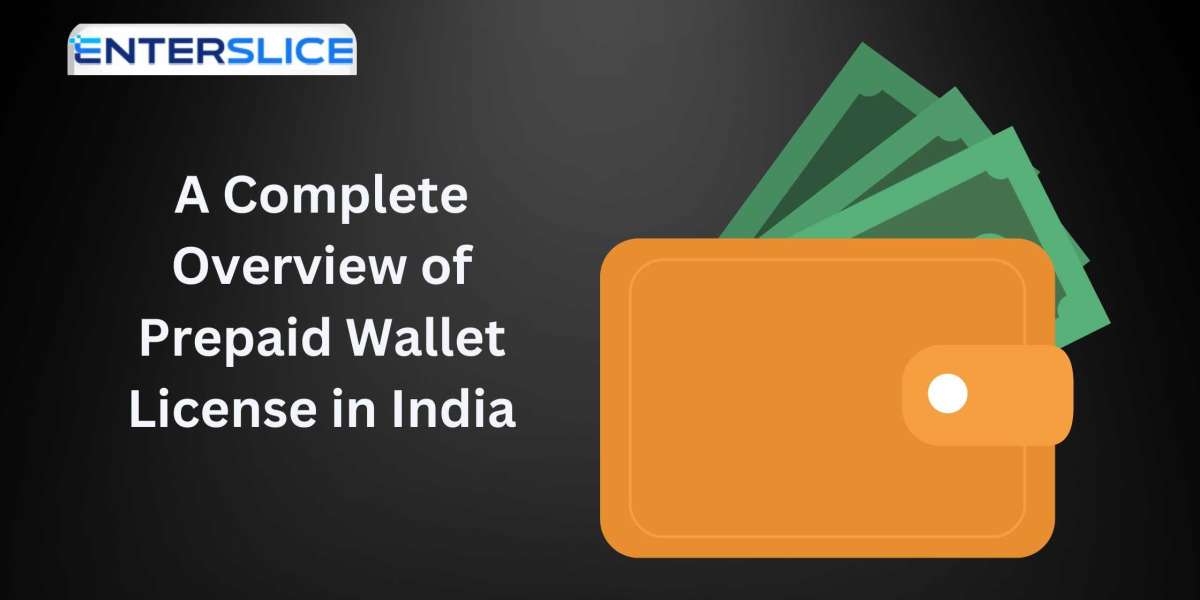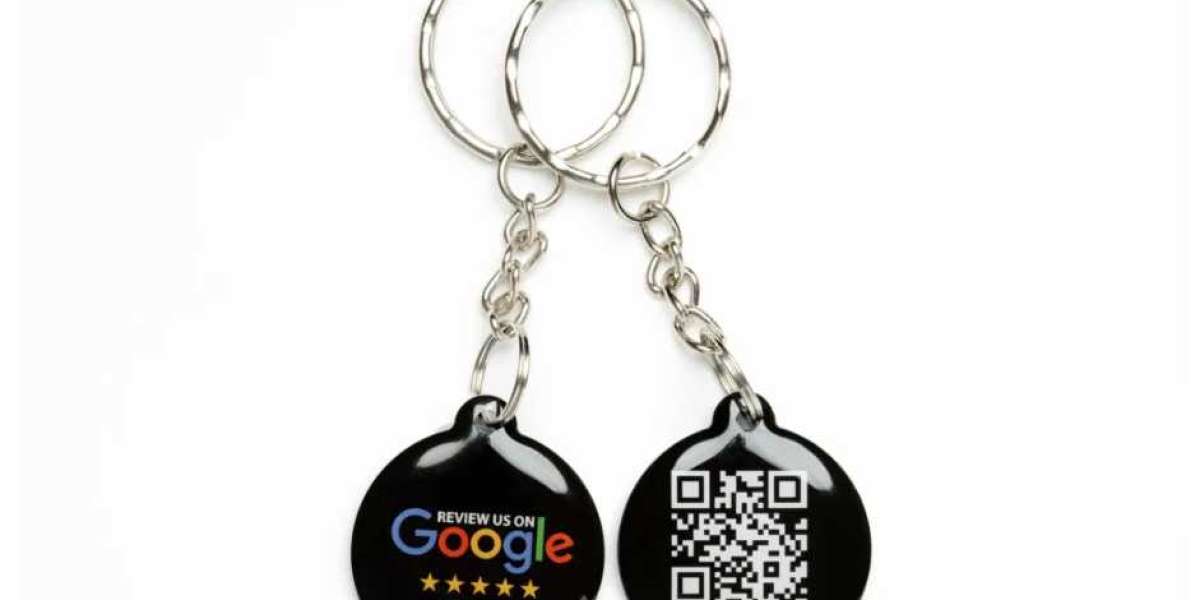In today's digital landscape, online transactions are rapidly replacing traditional payment methods. As a result, businesses are increasingly turning to Prepaid Wallets to streamline payments, provide convenience, and enhance customer experiences. If you're considering offering such digital payment solutions in India, obtaining a Prepaid Wallet License is essential. This license, regulated by the Reserve Bank of India (RBI), is a legal requirement for entities looking to issue Prepaid Payment Instruments (PPIs). Let’s dive into the comprehensive details regarding the Prepaid Wallet License in India.
What is a Prepaid Wallet License?
A Prepaid Wallet License enables an entity to issue and manage Prepaid Payment Instruments (PPIs) in India. These instruments allow users to store funds digitally, which can be used for online purchases, bill payments, and more. PPIs are popular in the form of mobile wallets, gift cards, and prepaid cards, providing an efficient and secure alternative to cash transactions.
Entities that wish to offer these services must apply for a license from the RBI, which ensures that these businesses operate in compliance with regulations designed to protect users and maintain the integrity of the financial system.
Types of Prepaid Payment Instruments (PPIs)
The RBI categorizes PPIs into three main types based on their functionality:
Closed System PPIs:
- These are issued by a company for use only within that company's ecosystem. The funds loaded into these wallets can only be used to purchase goods or services offered by the issuer. An example is a gift card for a specific retailer.
Semi-Closed System PPIs:
- These wallets allow users to spend funds at multiple merchants, but they do not permit cash withdrawals or redemption of funds. Many mobile wallets and online payment systems fall under this category.
Open System PPIs:
- These PPIs are issued by banks and allow users to make purchases at various merchants. Additionally, users can withdraw funds at ATMs or through bank counters. Credit or debit cards linked to bank accounts are examples of this category.
Who is Eligible to Apply for a Prepaid Wallet License?
To obtain a Prepaid Wallet License in India, an applicant must meet certain eligibility criteria:
Legal Entity: The applicant must be a company registered under the Companies Act, 2013, or a Limited Liability Partnership (LLP). Individuals or partnerships are not eligible to apply.
Net Owned Funds (NOF): For entities other than banks or Non-Banking Financial Companies (NBFCs), the minimum net owned funds must be ₹5 crores, which is the capital that remains after deducting liabilities.
Business Plan: A comprehensive business plan outlining the scope of operations, target markets, and financial forecasts is essential.
Technology Infrastructure: The applicant must demonstrate robust IT systems to ensure the security and smooth functioning of transactions.
Application Process for a Prepaid Wallet License
The application process for a Prepaid Wallet License involves several key steps:
Document Preparation:
- Companies must prepare a range of documents, including the Certificate of Incorporation, Memorandum of Association, PAN card, and financial statements. A detailed business plan and information about IT infrastructure will also be required.
Submission to RBI:
- The application, along with the prescribed fee (currently ₹10,000), must be submitted to the RBI for review.
RBI Evaluation:
- The RBI will review the application and may ask for additional information or clarifications during the evaluation process.
Issuance of License:
- If the application meets all the criteria, the RBI will issue the Prepaid Wallet License. This process can take several weeks, depending on the complexity of the application.
Financial Requirements for Prepaid Wallet License
The RBI has set financial guidelines to ensure that entities are capable of sustaining the costs associated with running a prepaid wallet business:
The entity must maintain a minimum net worth of ₹15 crores, which must be reviewed and certified annually.
Entities must maintain sufficient working capital to handle the business operations, including the management of customer funds and transaction processing.
Additionally, the applicant must have a financial reserve for contingency purposes, as specified by the RBI.
Regulatory Compliance and Ongoing Obligations
Once granted the license, the business must adhere to several regulatory guidelines set forth by the RBI:
Adherence to RBI Guidelines: Businesses must comply with all relevant RBI guidelines, including anti-money laundering (AML) and know your customer (KYC) norms.
Transaction Record Keeping: Companies must maintain records of all transactions and customer details for a minimum of 10 years, ensuring full transparency.
Audit and Reporting: The business must undergo regular audits and submit periodic reports to the RBI to ensure continued compliance with regulatory standards.
Customer Protection: Entities must implement robust security measures to protect users' funds and personal data.
Benefits of Obtaining a Prepaid Wallet License
Obtaining a Prepaid Wallet License comes with several significant advantages:
Access to a Growing Market: As digital payments continue to grow in India, licensed companies can tap into a broad and expanding customer base.
Revenue Generation: By charging fees for services like transactions, wallet loading, or partnerships with merchants, businesses can generate revenue through multiple streams.
Enhanced Trust and Credibility: Holding an RBI-approved Prepaid Wallet License adds credibility, as it demonstrates a commitment to regulatory compliance and user protection.
Financial Inclusion: By offering digital payment options, licensed businesses can contribute to increasing financial inclusion in India, particularly among the unbanked and underbanked population.
Challenges in Obtaining a Prepaid Wallet License
While the advantages are substantial, businesses must be aware of the challenges in obtaining and maintaining a Prepaid Wallet License:
Capital Investment: Significant capital is required to set up the necessary technology infrastructure and maintain a secure platform.
Regulatory Hurdles: Complying with all RBI regulations can be time-consuming and costly, especially for new entrants in the market.
Intense Competition: The digital payments industry is highly competitive, with many established players. New entrants must offer innovative services to differentiate themselves.
Conclusion
Obtaining a Prepaid Wallet License in India is a crucial step for businesses looking to offer digital payment solutions in a rapidly growing market. With the rise of mobile wallets, prepaid cards, and online transactions, the demand for secure, convenient, and efficient payment systems is higher than ever. By following the guidelines set by the RBI and adhering to regulatory requirements, businesses can not only ensure compliance but also build trust with customers, enhance their credibility, and unlock new revenue streams.
FAQs
What is the validity period of a Prepaid Wallet License?
- The Prepaid Wallet License is valid for 5 years from the date of issuance. It is renewable thereafter.
Can I issue credit facilities using a Prepaid Wallet License?
- No, PPIs cannot issue credit facilities. They only allow users to spend funds that are pre-loaded into the wallet.
What are the consequences of non-compliance with RBI regulations?
- Failure to comply with RBI guidelines can result in penalties, suspension of services, or even revocation of the Prepaid Wallet License.
Also, read other topics:








